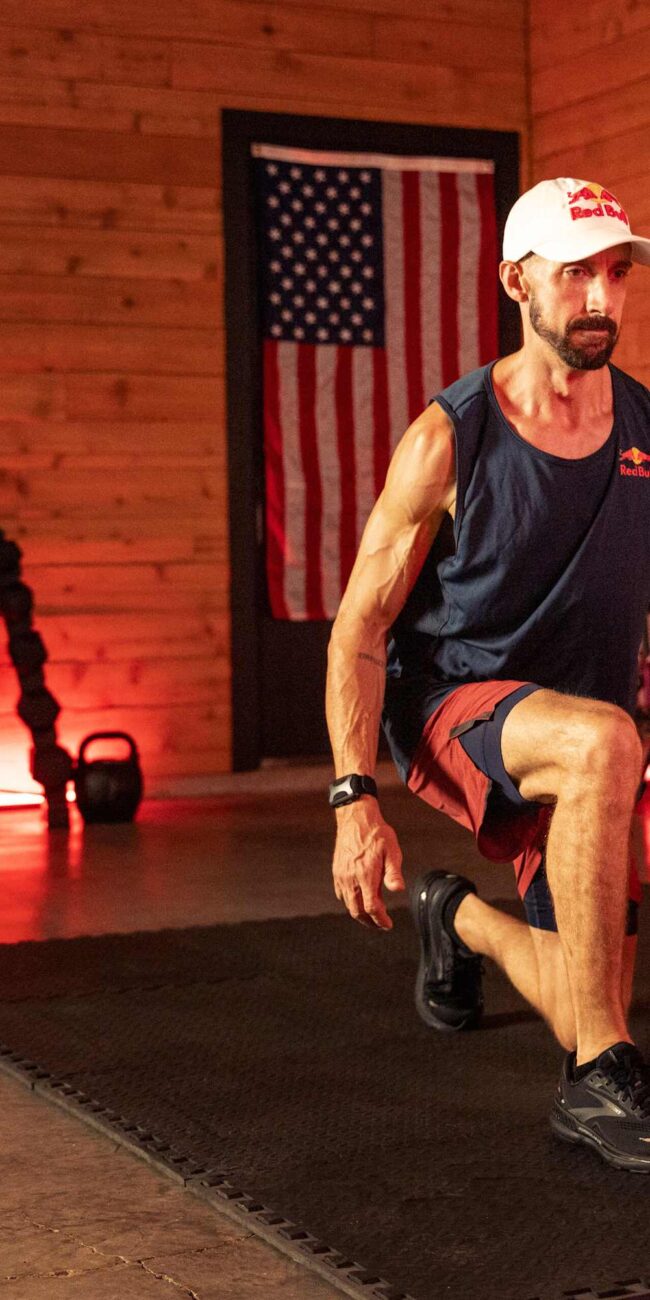
Nutrition, or a healthy, balanced diet, is a key component of athletic performance at all competitive levels. Olivia Morgan, RD, a Mass General Brigham registered dietitian and sports nutrition expert, discusses how athletes can improve nutrition for optimal performance.
NUTRITION FOR ATHELTES
Nutrients are substances in foods that our bodies need to function and grow. We need nutrients for essential functions like digestion, breathing, and circulating blood. We also need it for daily activities and exercise.
“It’s important for everyone to make sure they’re getting enough nutrition to meet their body’s basic needs,” says Morgan. “But it’s even more important for people who exercise or lead very active lives. And elite athletes doing very intense training sessions have even greater needs.”
An athlete who isn’t consuming sufficient nutrients to offset the energy they use may develop relative energy deficiency in sport (RED-S), a condition where your health and performance decline significantly. RED-S also puts you at greater risk for injury.
Athletes rely on calories (a measure of energy in foods) for the energy they need to train. But sports nutrition isn’t just about calories. The types of nutrients you consume can have a major impact on performance. Without the right mix, your body will compensate by breaking down muscle, bone, or other tissues to get you through your workouts.
MACRONUTRIENTS FOR ATHLETES
Getting the right nutritional balance in your macronutrients is critical for fueling your physical activity. Macronutrients are the primary sources of energy from food, and they come in three forms:
- Carbohydrates (carbs), which fuel individual workouts and maintain baseline glycogen stores. Glycogen is a type of sugar your body stores for your muscles to use.
- Fats, which fuel lower-intensity workouts and help your body absorb certain vitamins.
- Proteins, which help maintain and build muscle mass.
“Macronutrient needs are different for athletes than for non-athletes. For athletes, often we’re increasing carbohydrates and protein,” says Morgan. Those two macronutrients have the most significant benefits for athletic performance.
The most notable deficiency Morgan sees in athlete diets is carbohydrate intake.
“This is the biggest thing I see people struggling with,” she says. “We live in a society where many people are afraid of carbohydrates, thinking they’re unhealthy, and as a result, they’re not getting enough.”
Carbs have gotten some bad press due to the recent rise in low carbohydrate diets for weight loss. While it may be helpful for some people to cut down on carbohydrates for weight management, this isn’t a “one-size-fits-all.” The most important thing is balancing out macronutrients based on your activity level.
ARE YOU GETTING THE RIGHT MACROS?
Unfortunately, there’s no simple recommendation or guideline for getting the right balance of macronutrients. Your needs depend on your body, your health, the type of activity you do, and your performance goals.
“Your macronutrients may even need to change day to day based on your level of physical effort,” says Morgan.
She advises athletes to look for clues that may indicate the need to adjust macronutrients. When you’re not getting the right nutrients, you may:
- Feel like you can’t perform well enough during workouts or competition
- Get injured or ill more often
- Have difficulty recovering after workouts
- Lose or gain weight without intending to
MICRONUTRIENTS FOR ATHELTES
Some athletes with health or injury concerns may need specific micronutrients. Micronutrients are nutrients that we need in smaller amounts than macronutrients, including vitamins and minerals.
Some of the most common micronutrient needs Morgan sees among athletes include:
- Calcium: Anyone with bone stress injuries, osteopenia, osteoporosis, or taking steroid medications long-term may need extra calcium to support bone health.
- Iron: Iron helps with energy and optimal oxygen usage. Many athletes can easily become iron deficient. Female athletes and runners are at higher risk.
- Vitamin B12: Vegetarians and vegans may be deficient in vitamin B12 because animal products are the primary sources of this vitamin. Vitamin B12 helps with energy levels and recovery after exercise.
- Vitamin D: Many people, especially those living in areas with cold or dark winters, are low in vitamin D. This vitamin helps maintain strong bones.
Before starting a supplement, it’s best to have your levels tested or receive a diagnosis.
“Ideally, you get most of your micronutrients through food. I don’t like to rely only on supplements because your body absorbs nutrients from food better,” says Morgan. “But sometimes a supplement is necessary.”

A DIETITIAN CAN HELP YOU REACH PEAK PERFORMANCE
There’s a lot of online information about sports nutrition. Some of it’s useful, but a lot of it isn’t.
“It can be really helpful to go to someone who’s a certified expert in nutrition,” says Morgan.
She says many medical insurance plans cover sessions with a dietitian or nutritionist. These sessions can benefit you by providing:
- Guidelines for nutrient timing to optimize your performance
- Help with adjusting your diet as your training or goals change
- Individualized nutrition guidance tailored to you
- Trustworthy answers to common questions about diet and supplements
Partnering with an expert takes the guesswork out of nutrition. Optimizing your nutrition will take your performance to new heights.






